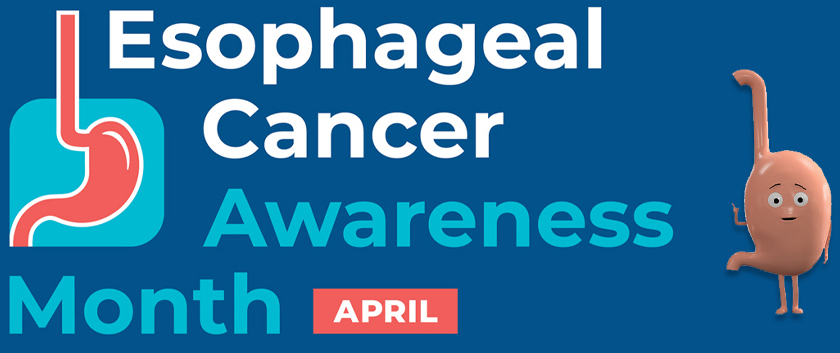
Standing Up to Annoying Bowel Issues: Treating Irritable Bowel Syndrome and Living a More Productive Life
There few things in life more annoying than issues that pertain to one’s health. Experiencing a slight stomach ache is one thing, but living with an ongoing uneasiness within your intestines can seem like a lifelong burden. You know that this pain exists, but as is the case in some situations, identifying the root cause and treating the illness takes a back seat to other priorities in your life.
IBS or Irritable Bowel Syndrome is a condition that affects the small and large intestines. Common symptoms of IBS include cramping, abdominal pain, bloating, gas, diarrhea and constipation. Irritable bowel syndrome is a chronic condition. It can vary in intensity from mild bouts to more debilitating episodes. Many things can contribute to the condition flaring up or worsening. These include stress, a bad diet or certain lifestyles. Between 25 and 45 million people suffer from IBS in the United States and 2 out of 3 people that suffer are female. It is one of the most common reasons people seek a gastroenterologist, representing around 20-40% of gastroenterology patients. Surprisingly, most people do not seek treatment, and those that see a health professional may wait several years before talking with their doctor about their symptoms.
Although IBS needs to be identified and treated, Irritable bowel syndrome by itself does not increase your risk of colorectal cancer. It plays havoc with your lifestyle in the form of emotional stress, delays in doing normal everyday tasks and may affect your work life. It is a very demanding condition that if not treated, can be an unwelcome controlling factor in your life.
When you talk with your physician about your ongoing intestinal symptoms, your doctor will look at your medical history as well as give you a physical exam. There are no physical signs to definitively diagnose IBS, so your doctor will work to rule out other major conditions that include, but are not limited to issues with your pancreas, thyroid disease, tumors in your digestive system, food allergies as well as infection.
Treatment options for IBS include some over-the-counter medications, dietary changes as well as stress management or a combination of these. IBS is a complex condition that needs to be identified and treated by your doctor.
The Center for Digestive Disease has been identifying and treating irritable bowel syndrome for many years. Call them today to talk about your intestinal pains. They can find the root cause and put together a treatment plan for you. Take charge of your life and control your IBS before it controls you.



